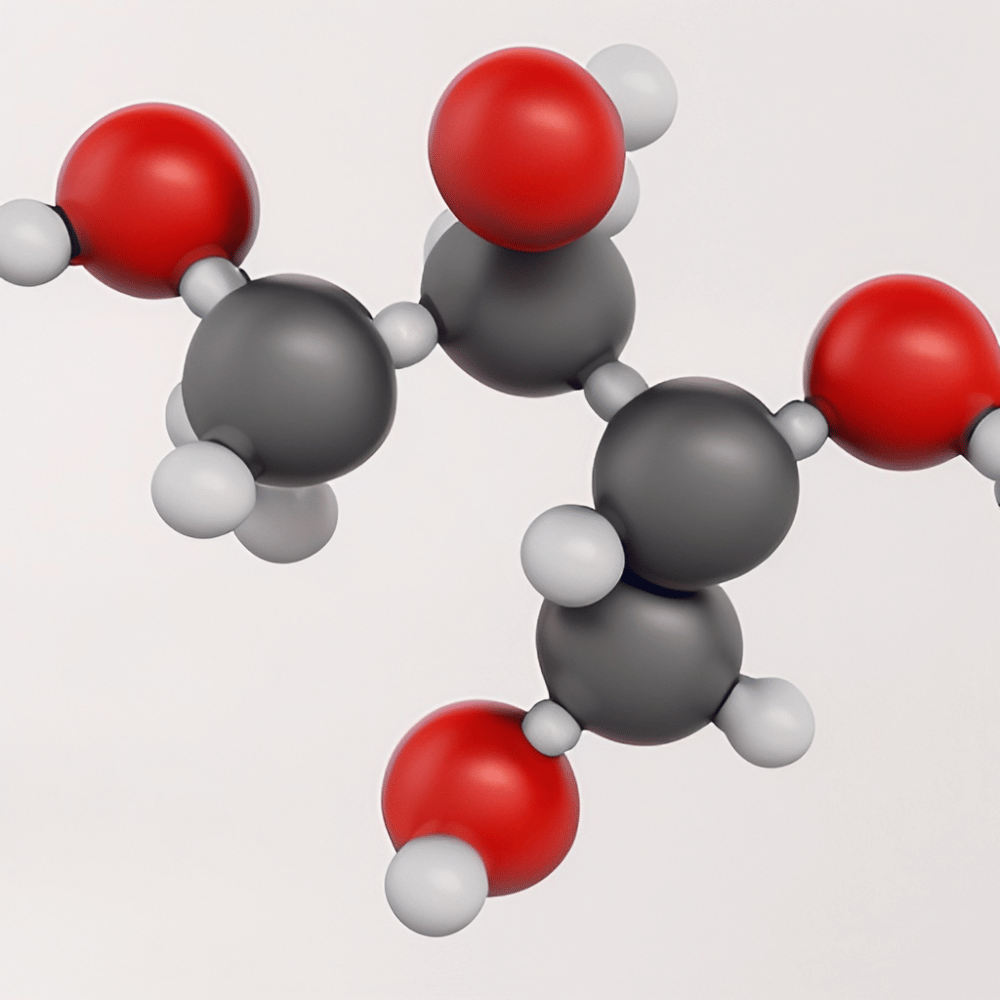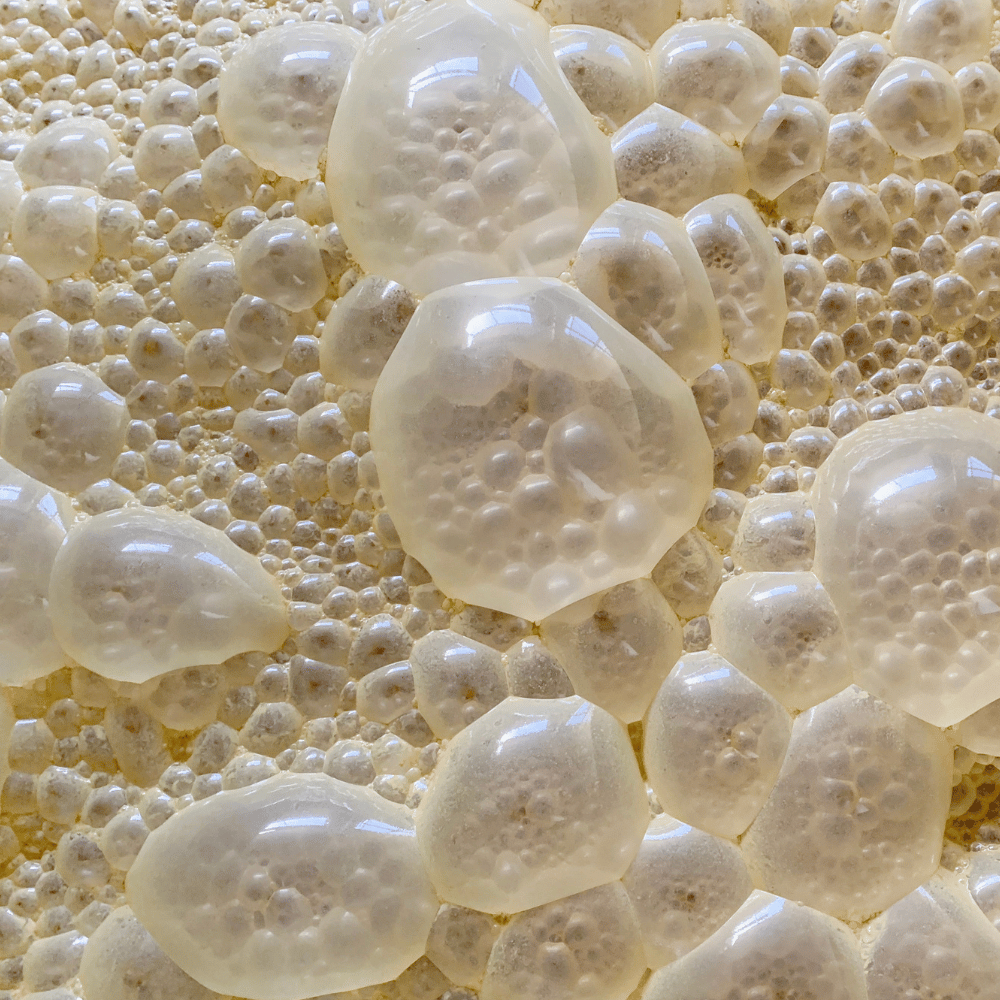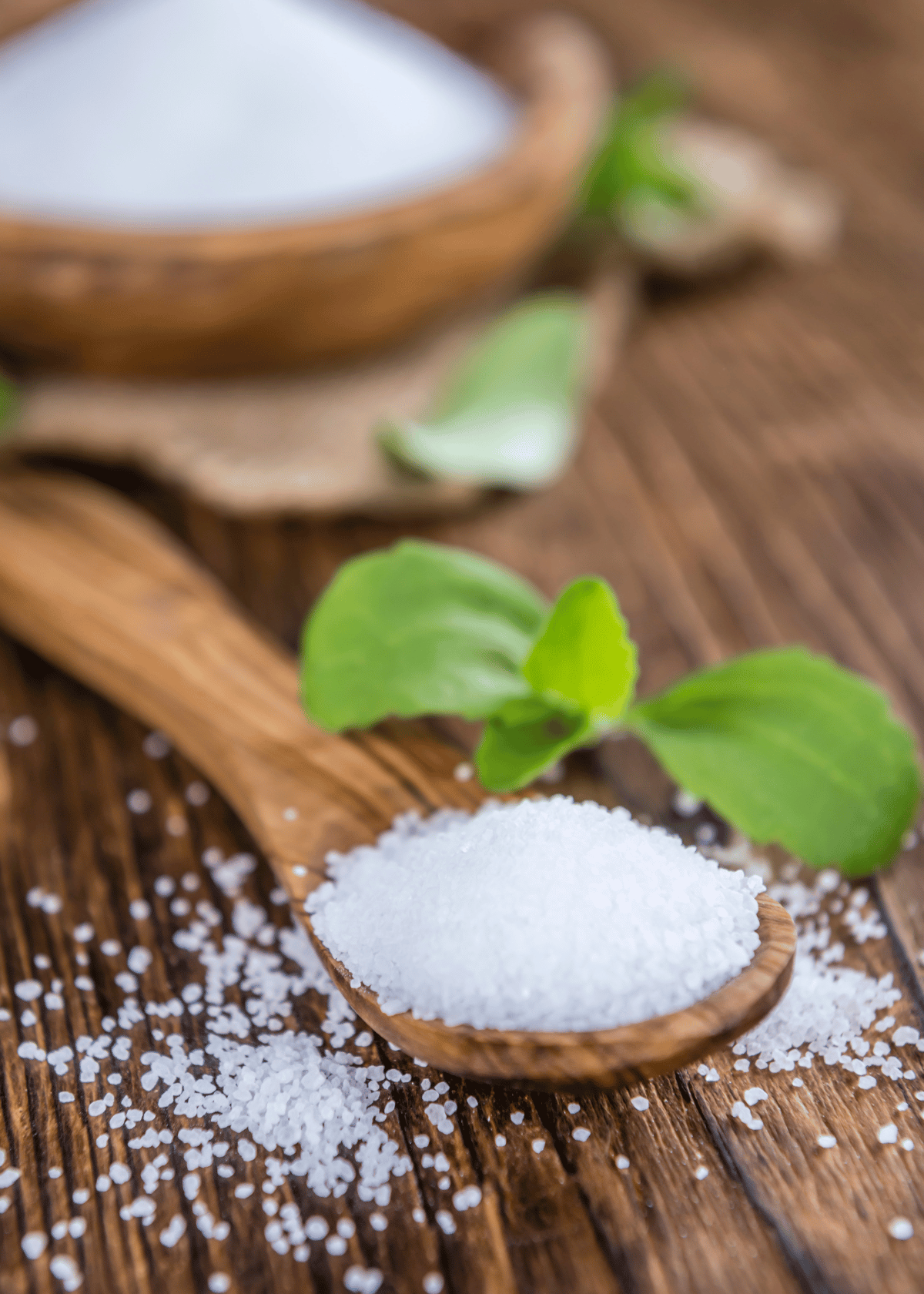There is a lot of confusion surrounding the idea of whether or not Truvia breaks a fast. After all, it is an artificial sweetener that has been heavily marketed as a “natural” sugar alternative and other sugar substitutes. But what does that mean when it comes to intermittent fasting? Is it really okay to use Truvia while fasting, or should you avoid it at all costs? Let's explore the answer to this question in more detail.
What is Truvia?
Truvia is an artificial sweetener made from stevia leaf extract (from the stevia plant), erythritol, and natural flavors. It was developed by Cargill and The Coca-Cola Company and first introduced in 2008. It has become popular among dieters and athletes that are looking at lowering blood sugar without giving up sweetness entirely. This product has become quite popular for sweetening diet sodas.
What is Erythritol
Erythritol is a sugar alcohol that has been used as a food additive, sweetener and bulking agent for over 150 years. It's produced industrially by fermenting glucose – and occurs naturally in some fruits and fermented foods.
At only 70% of the sweetness of regular table sugar, but with almost zero calories, Erythritol provides an excellent solution for those looking to reduce their sugar intake or calorie intake without sacrificing sweetness. In addition to having significantly fewer calories than other sugars such as sucrose or fructose, Erythritol also has no known side effects when consumed in moderation. Studies have also shown it can help prevent dental cavities, help weight loss efforts by tricking your body into thinking it’s consuming real caloric sugars – making you feel more satiated on fewer calories, provide prebiotic benefits to intestinal bacteria and reduce post-meal spikes in insulin levels.



What are the Risks Associated with Consuming Erythritol?
Erythritol is a sugar alcohol that has become increasingly popular as an artificial sweetener in foods and beverages. It has the appealing characteristics of being low calorie, having no affect on blood glucose levels, and containing only 0.2 calories per gram (compared to 4 calories per gram for sucrose). However, with any new food or beverage product, it’s important to be aware of potential risks associated with its consumption.
The main risk associated with consuming erythritol is an increased chance of digestive issues such as gas, bloating and diarrhea. This is because the body doesn't properly absorb this type of sugar alcohol in large doses. To avoid digestive issues due to consumption of erythritol-containing products, it's recommended that you follow the manufacturer's guidelines for usage amounts appropriate for your age and health condition. In addition, as with any artificial sweetener or processed food product, it's advisable to practice moderation when consuming them on a regular basis within your diet - too much can be unhealthy.
Other potential risks associated with excessive amounts of sugar alcohols include decreased bone density and altered gut microbiota composition - both are caused by changes in calcium absorption resulting from overconsumption. This can lead to weakened bones which increases susceptibility to fractures and impairments in immune function due to alterations made in gut bacteria populations. For this reason again it’s important not to exceed recommended daily intakes according to manufacturers’ guidelines if you consume products containing this sugar substitute regularly or frequently throughout the week/month/year etc.
Finally there is a body of research that suggests consumption of erythritol can lead to greater risk of cardiovascular health events as a result of the formation of blood clots. Therefore if you have a pre-existing heart condition or are concerned about your cardiovascular health it’s advised that you speak with your doctor before consuming erythritol products in large amounts regularly.
So overall while there are some potential risks associated with regular high-dosage use of products containing erythritol; following manufacturers' dosages correctly along with exercising moderation when adding them into your regular diet will help reduce these risks significantly making them safe enough for most people when consumed responsibly!



Does Truvia Spike Insulin Levels?
The answer to this question is dependent on the type of fast you are attempting. Generally, most fasting protocols, such as intermittent fasting and extended fasting, would consider Truvia to be a breaking of the fast because it contains sugars and other ingredients that can stimulate insulin production.
Truvia is a sweetener made from a combination of stevia leaf extract and erythritol - both natural sweeteners derived from plants. While they are both considered to be low-calorie alternatives to traditional sugar, they still contain carbohydrates (3 calories per teaspoon) which can have an effect on your blood glucose levels. It's important to note that although Truvia does not contain any added sugar or artificial sweeteners, the body still processes the carbohydrates found in erythritol in a similar manner as sugar molecules. Consuming any kind of carbohydrate during your fast could lead to an insulin response by your body which would effectively break your fast state by stimulating energy metabolism rather than relying solely on fatty acids for fuel as is desired when entering into a deeper state of ketosis or fat-burning mode during longer periods without food intake.
For those individuals who practice Intermittent Fasting or Leangains style dieting protocols where there is some flexibility with what kinds of nutrient sources are used while in their fed state (ie: eating window), however, consuming something like Truvia may be acceptable if done within moderation so long as it fits within their daily calorie goals/requirements for weight loss/maintenance purposes while refraining from spiking their blood sugar levels too drastically beyond what might typically occur from eating regular meals containing high glycemic carbs or processed foods containing artificial additives & preservatives etc).



Summary:
While using small amounts of Truvia while fasting may not necessarily break your fast, it's important to be aware that consuming too much of this artificial sweetener could potentially disrupt your insulin levels and interfere with the detoxification process associated with intermittent fasting. In addition, regular consumption of artificial sweeteners like Truvia could lead to increased cravings for unhealthy foods and potentially even weight gain over time. For these reasons, we recommend limiting your use of this sugar substitute when trying out intermittent fasting protocols or sticking with healthier alternatives such as honey or pure stevia extract instead.
Related Pages:
- Picking The Best Coffee Creamer for Intermittent Fasting
- Choosing The Best Coffee Creamer For Weight Loss
- The Case for Healthy Coffee Creamer
- Does Oat Milk Break a Fast?
- Does Stevia Break a Fast?
- Does Coffee with Creamer Break a Fast?
- Can You Drink Coconut Water While Fasting?
- What's Difference between Dirty Fasting vs Clean Fasting?
- Does Coffee with Cream Break a Fast?







